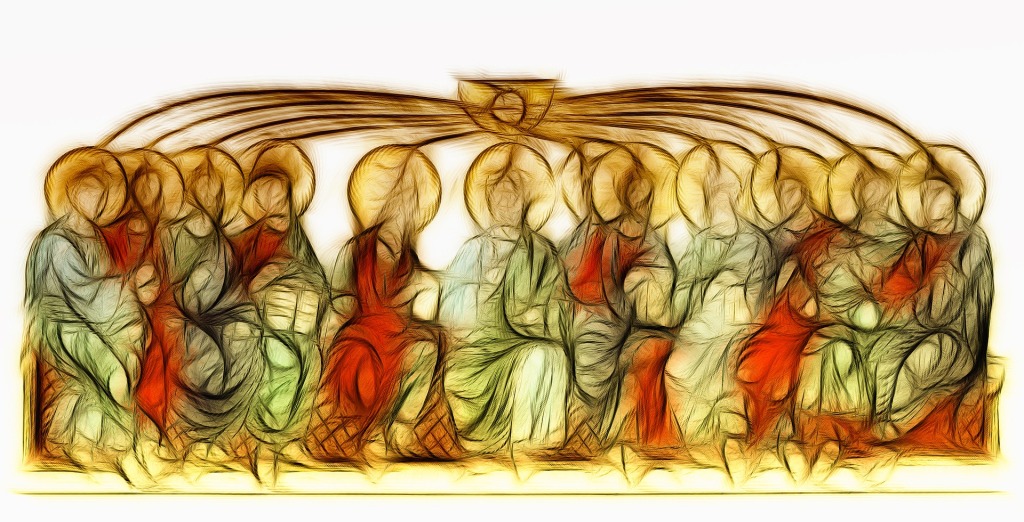Reading: Micah 6:1-8
Micah 6:6 – “With what should I approach the Lord and bow down before God almighty?”

Returning to Micah 6 today we read the verses that lead up to the well-known call to practice justice, to embrace faithful love, and to walk humbly with God and with neighbor. Verses 1-7 lay out “why” Israel should live in these ways and it points out Israel’s failed attempts at true worship. The passage is set as if in a courtroom as God brings God’s case against Israel. In a lawsuit, if you are the one seeking justice, it is good. But if you’re on trial, this is not a good place to be. For the people of God, they are on trial. “With Israel, he [God] will argue.”
God’s case opens with questions about how Israel has gotten to this place: What did I do to you (or fail to do)? How have I wearied you? God is wondering aloud how God displeased Israel, how God bored them into this disobedience. God then reminds Israel what faithfulness looks like. From leading Israel out of slavery to giving them good leaders to protecting them from their enemies, God has always been there for Israel – irrelevant to their commitment, regardless of their unfaithfulness, no matter their sin and wandering and idolatry.
God then lays bare the reality of their present worship. These acts themselves, prescribed by the Law, can be pleasing to God. But volume and simply going through the motions? If one if just playing the game and trying to impress God along the way, then God is not interested in the least. Micah muses, “With what should I approach the Lord and bow down before God almighty?” Returning to verse 8 we find God’s answer. We are reminded that a right heart, a heart right with God and with one another, this is where worship that is pleasing to God begins. With a heart that reflects God’s heart, this is the place that we are filled with love and grace and mercy and peace and hope and compassion and… Filled, we are then ready to be these things to the world. May it be so.
Prayer: Lord God, strip away our pretense, break down our barriers, wipe away the noise of the world. Bring us to a place of transparency, honesty, and sincerity – not for your sake but for ours. You see through it all. You know the true condition of our hearts. Beginning in a place of humility, guide us then to be practitioners of justice and steadfast love. This is the worship that is pleasing to you. Living and being this way, may our lives reveal to the world what is good and what is required by you. Amen.









